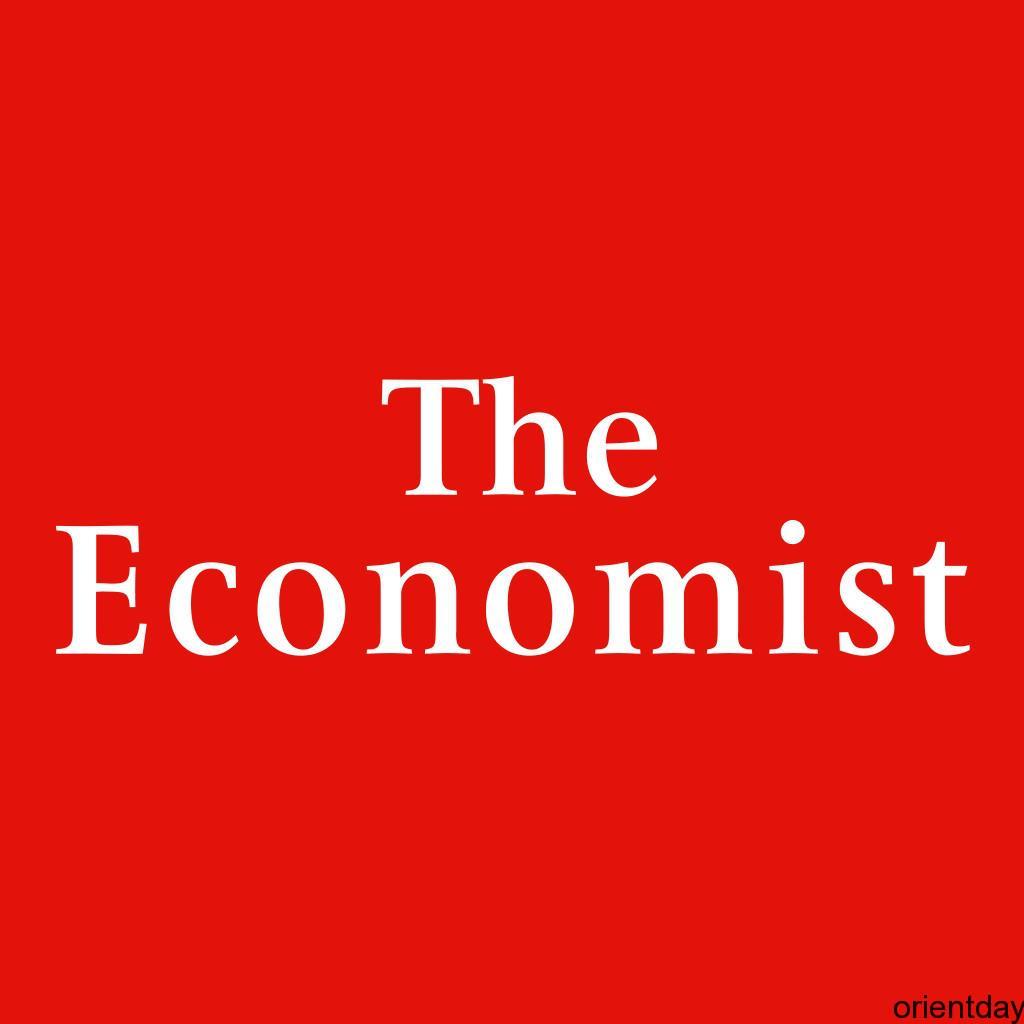The services sector
The post-industrial future is nigh
Feb 19th 2013, 5:27 by S.C. | HONG KONG
CHINA is known for its industrial might. Manufacturers, miners, utilities and builders accounted for over 45% of China's GDP in 2012. In America, by contrast, they contributed less than 20%. China, according to caricature, makes things—things you can drop on your foot. Soft-toed America merely designs, brands and peddles them.

中国的工业品闻名于世,而美帝的工业占基地皮的20%不到。
中国制造,美国却做设计,品牌和营销。
意思是,大美利坚做的是高端路线。
Industry has long made an outsized contribution to China's output. This is true not only in comparison with post-industrial America. It is also the case when China is compared with other economies at a similar stage of development. According tocalculations by Ejaz Ghani of the World Bank and Homi Kharas, now of the Brookings Institution, manufacturing's share of China's GDP was more than 18 percentage points above the global norm in 2005. Services, in contrast, were almost eight points below (see this first chart, to the right).
与美帝和其它经济体比较,及2005年到现在的发展。
Armed with numbers like these, critics have accused China's policymakers of a factory fetish. Subsidised land, credit and power have favoured industry, which tends to be capital-intensive and power-hungry. A cheap yuan has also favoured manufactured items, which can be sold abroad, over services, which often cannot be.
批评家指责景德镇制造,对土地,出口的补贴,及汇率操纵。
But 2013 may mark an interesting turning point. It may be the year that China's services sector officially eclipses industry. According to the national statistics, services (which include transport, wholesaling, retailing, hotels, catering, finance, real estate and scientific research, among other things) accounted for 44.6% of China's GDP in 2012. That is less than one point behind industry's 45.3%. And services are growing faster (see the second chart).
2013年,服务业与工业旗鼓相当了。
The surge in services may reflect the ongoing rebalancing of Chinese demand away from exports and towards consumption. The surge may also help to promote that rebalancing. Because services tend to be labour-intensive, their expansion should encourage faster job creation, higher wages and greater household spending.
Before heralding the dawn of China's post-industrial future, however, I should note a number of caveats. Despite its growth, the role of services in China's GDP still falls short of global norms. This type of economic activity may play a more prominent part than it did in 2005, when its share of GDP fell eight points short of China's peers. But China's economy has also moved on since then. Eyeballing the chart by Messrs Ghani and Kharas suggests services should be about 55-60% of China's GDP by now. (I'm assuming that log GDP per capita is the common logarithm, with base 10.)
尽管服务业持续增长,对比全球标准来说还是落后滴。
因为在此期间中国的经济也在发展,或许人均基地皮是个不错的办法。
Service prices have also been rising faster than those in industry. Measured at constant 2005 prices, services are still a much smaller share of China's economy than of its peers. But the increasing cost of services does not change the fact that more is being spent on them, which should encourage greater investment and hiring within the sector.
服务价格的增长过快。本来这些增加的服务业成本可以用来更好的投资服务业的。
意思是服务业发展的效率低下。
China's statisticians struggle to count things they cannot drop on their foot. Given these statistical shortcomings, it takes a little temerity to suggest we can identify the precise year when services will overtake industry. But, hey, that's why I'm in journalism. I would note that, if anything, China's dodgy figures probably still understate the importance of services. After the 2004 economic census, for example, China revised up its estimate of services output by a whopping 48.7%! Statistics is one service China definitely needs to develop further.
统计学家可以去死了。
你们每年发布的统计数据,有谁信?
统计在服务中国绝对需要进一步的改进和发展。
 或登录投递
或登录投递
版权声明:本文著作权归原作者所有,欢迎分享本文,谢谢支持丨www.jobsapk.com丨如未注明,均为原创 转载请注明:chinajobbox:后工业中国的来临 | jobcolour





